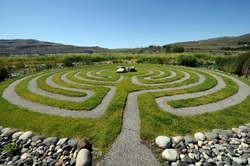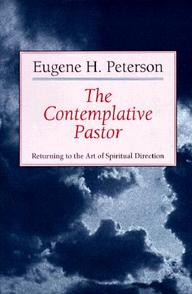
The more that I write and speak to groups about spiritual direction, the more aware I’m becoming of the rapidly growing interest in the labyrinth. Throughout the world, people of all denominations are discovering its many gifts by including this sacred tool in their own spiritual practice. While the origins of the labyrinth are shrouded in the distant past, it still has much to offer and teach us today. If one is able to relax and approach it with an open mind, the spiritual benefits of this walking meditation can have a significant impact on most anyone.

 RSS Feed
RSS Feed
